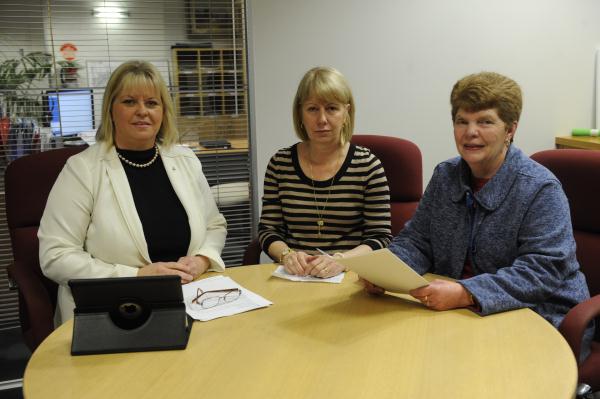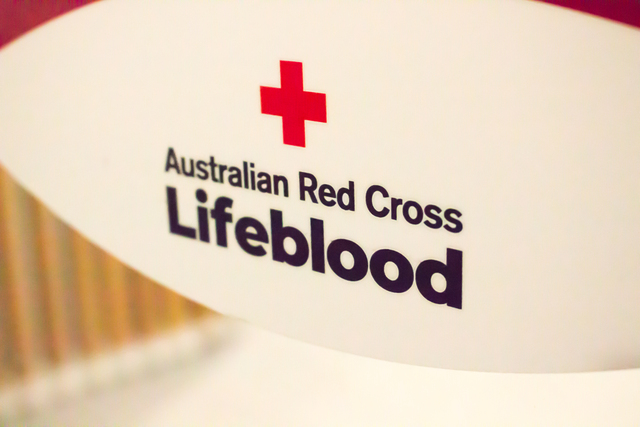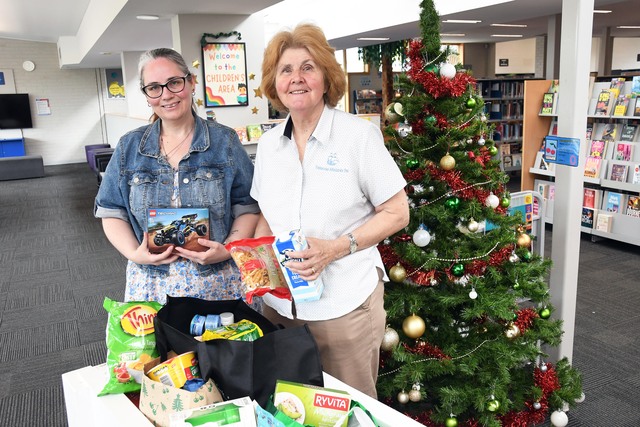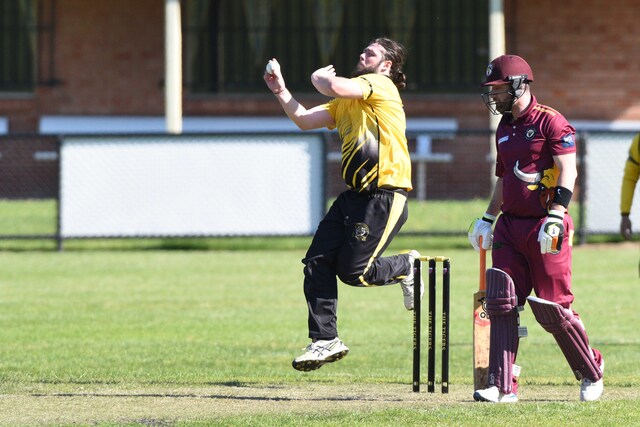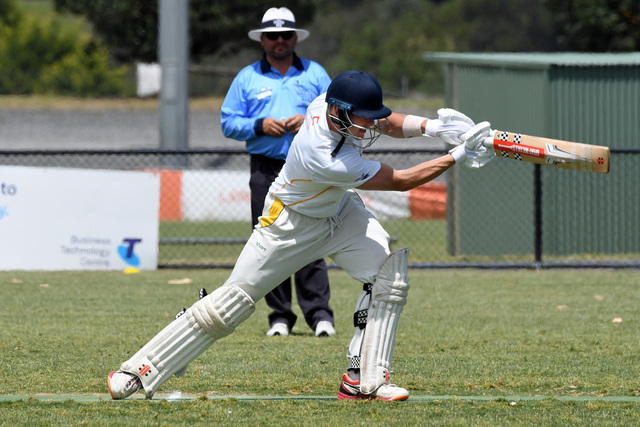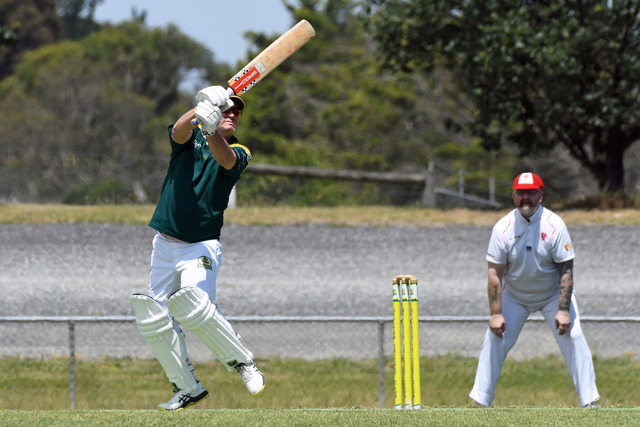By BRIDGET COOK
PRECEDE: LIVING with a disability or caring for someone with a disability is not an easy task. And with huge shortfalls in disability services needed, both in Casey and beyond, it is only made more difficult. Next month Casey mayor Amanda Stapledon, whose son has a disability, will trek 75 kilometres across Casey to raise awareness of the critical service gaps in the municipality. In the lead up to the walk, News journalist BRIDGET COOK sat down with Cr Stapledon and two other Casey carers to talk about the issues with shortages in disability services and the toll it has taken on them.
CASEY mothers Christine McDonald, Jan Bug and mayor Amanda Stapledon all have one thing in common – they each care for a son with a disability.
While their journey as a carer has been different and the types of assistance they require varies, they all share the same view that there are critical gaps in disability services in Casey.
The women said there desperately needed to be increased and improved services in Casey in four key areas – early intervention, respite, employment and supported accommodation.
Cr Stapledon, who is the carer for her 20-year-old son Pete, said with 120 people moving into Casey a week and 80 babies being born, there was going to be more disables people in the area.
“Our need is so great, so we need to really pay attention to the services we provide,” she said.
Cr Stapledon said more early intervention services were needed to give those with a disability the best chance at life.
“Children diagnosed at an early stage in their life need to be able to be provided with occupational therapy, speech therapy and physio,” she said.
“We know that early intervention makes a difference to their outcome when they are growing up.
“They are going to need less in the future if we set them up for future success.
“Early intervention can make a difference to the outcome of that person’s life, for the family and the economy.
“When Pete was young, he had six hours a day for three days week of early intervention.
“Then there was a change, so it dropped back to three hours for two days a week.
“Now you’re lucky if you get three hours a week.”
Ms Bug, who cares for her son Joshua, 24, said it was vital to have services available when a child is first born.
“You flounder anyway as you’re in a world you’ve got no experience or knowledge of,” she said.
“You then flounder even more as you don’t know what direction to take.
“We all want our children to reach their full potential and without early invention they won’t.”
Cr Stapledon said there also needed to be more employment opportunities available for disabled people as they reached adolescent and adulthood.
“We are realising just how many gifts and talents people with disabilities have to offer the community,” she said.
“We are seeing that in a number of ways in Casey and we need more funding to help support those people into employment.
“It’s an investment in them and their future and a wonderful contribution to the community and economy.”
Ms Bug said more employment not only helped the person with a disability but also community acceptance.
“There needs to be more community awareness and acceptance of people with disabilities and I think employment is a great way at achieving that,” she said.
The mothers said some of the biggest shortfalls in availability were with respite.
Cranbourne mother Ms McDonald, whose son Corey, 22, has cerebral palsy, said there was only one adult respite facility in Casey.
Ms McDonald said she was even more strapped for choice as she needed a place that had a carer on watch at night because Corey has epileptic fits.
She said respite provided a great deal of assistance to her and more needed to be done to ensure all carers can get the support they need.
“Respite for me is not only Corey going away to a house, but also having people in my house in the morning to help in get him dressed and at night to help me shower him,” she said.
“I need respite both out of house and in-house so Corey can be appropriately cared for and I can get him out to his program.”
Ms Bug said the area desperately needed more facilities.
“We need more funding for them and we need more choice,” she said.
“Our children should be entitled to choice.
“You put in your sheet three months in advice and get your dates for respite back.
“There aren’t enough dates for the amount of people wanting it.
“One facility in Casey only takes five people a night.
Ms Bug said the cost of respite was also prohibitive.
“I was working part time but I had to give that up,” she said.
“I would pay more for Josh to be cared for than I would make going to work and that’s ridiculous.”
Ms Bug said one of the most worrying things as a carer and a mother was the lack of supportive accommodation available for when she would no longer be able to care for her son.
“I believe any parent in my situation has the underlying worry all your life about what is going to happen to my child when I can’t look after him anymore,” she said.
“We need far more choice and far more places to be able to actually plan for our child’s future, before we are too old to organise anything.
“It’s not fair that we don’t have the right to plan for our child’s future. Well we have the right, but we don’t have the facilities to plan.
“It’s a constant stress.”
Ms McDonald, whose husband recently had his leg amputated, said if something happened to her, Corey would end up in an aged care facility or on the respite roundabout.
“When people ask me about whether I have planned Corey’s future, I just say ‘no I haven’t thought about’,” she said.
“It’s not so much that you don’t think about it, but you don’t want to.”

